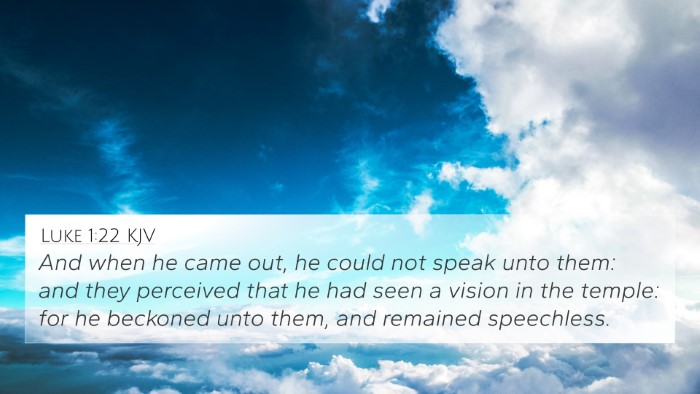Old Testament
Genesis Exodus Leviticus Numbers Deuteronomy Joshua Judges Ruth 1 Samuel 2 Samuel 1 Kings 2 Kings 1 Chronicles 2 Chronicles Ezra Nehemiah Esther Job Psalms Proverbs Ecclesiastes Song of Solomon Isaiah Jeremiah Lamentations Ezekiel Daniel Hosea Joel Amos Obadiah Jonah Micah Nahum Habakkuk Zephaniah Haggai Zechariah MalachiVerse
John 13:1 John 13:2 John 13:3 John 13:4 John 13:5 John 13:6 John 13:7 John 13:8 John 13:9 John 13:10 John 13:11 John 13:12 John 13:13 John 13:14 John 13:15 John 13:16 John 13:17 John 13:18 John 13:19 John 13:20 John 13:21 John 13:22 John 13:23 John 13:24 John 13:25 John 13:26 John 13:27 John 13:28 John 13:29 John 13:30 John 13:31 John 13:32 John 13:33 John 13:34 John 13:35 John 13:36 John 13:37 John 13:38






